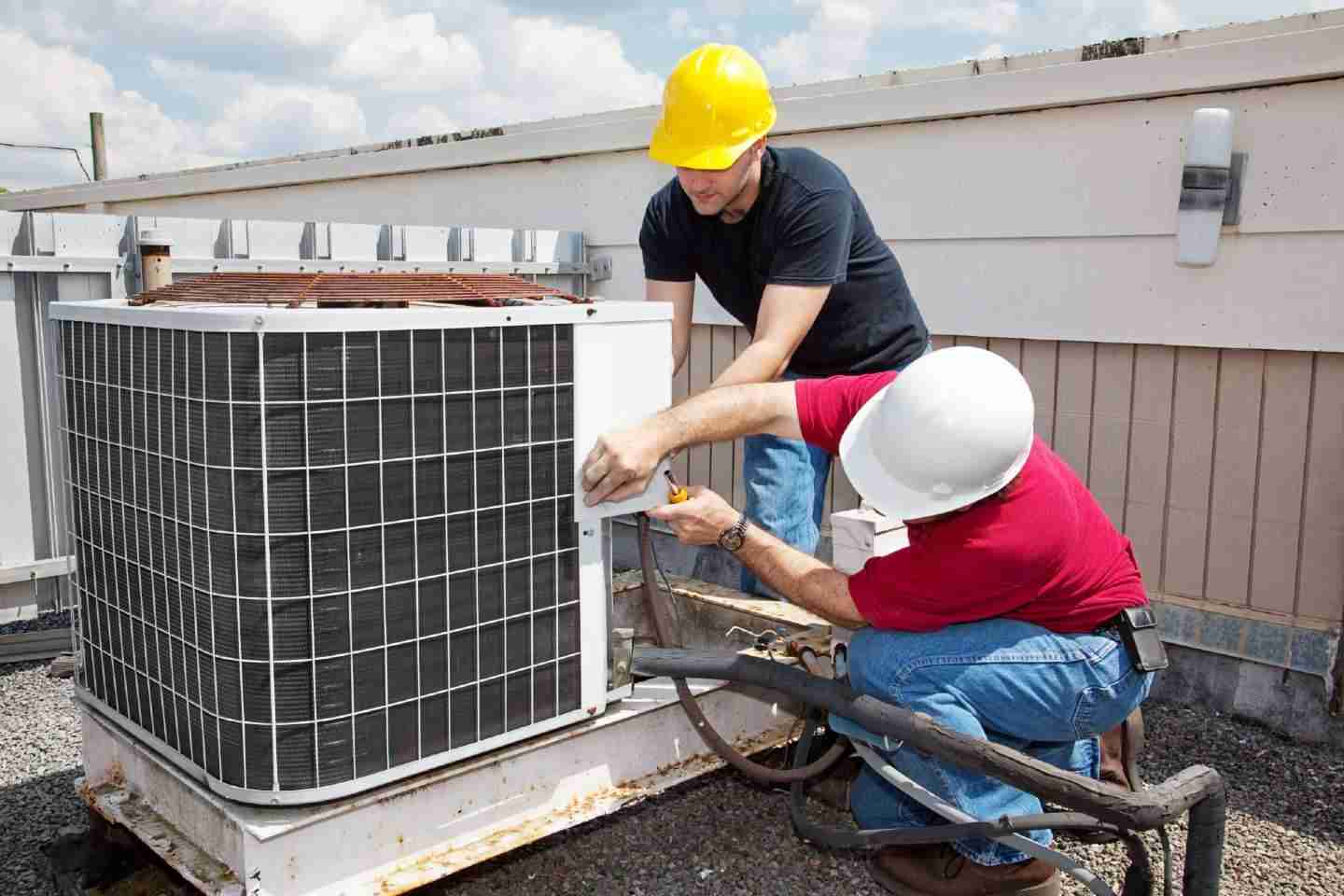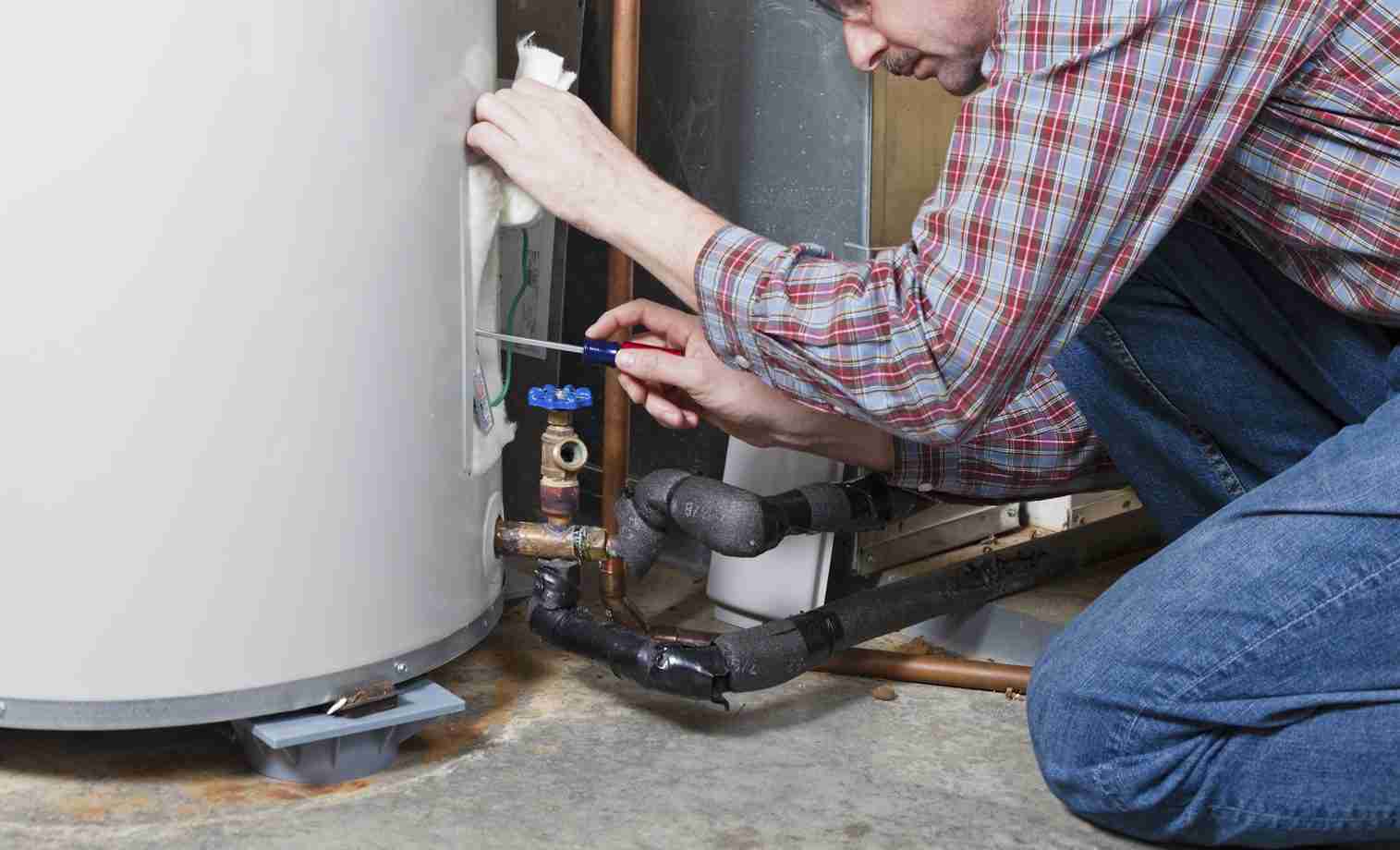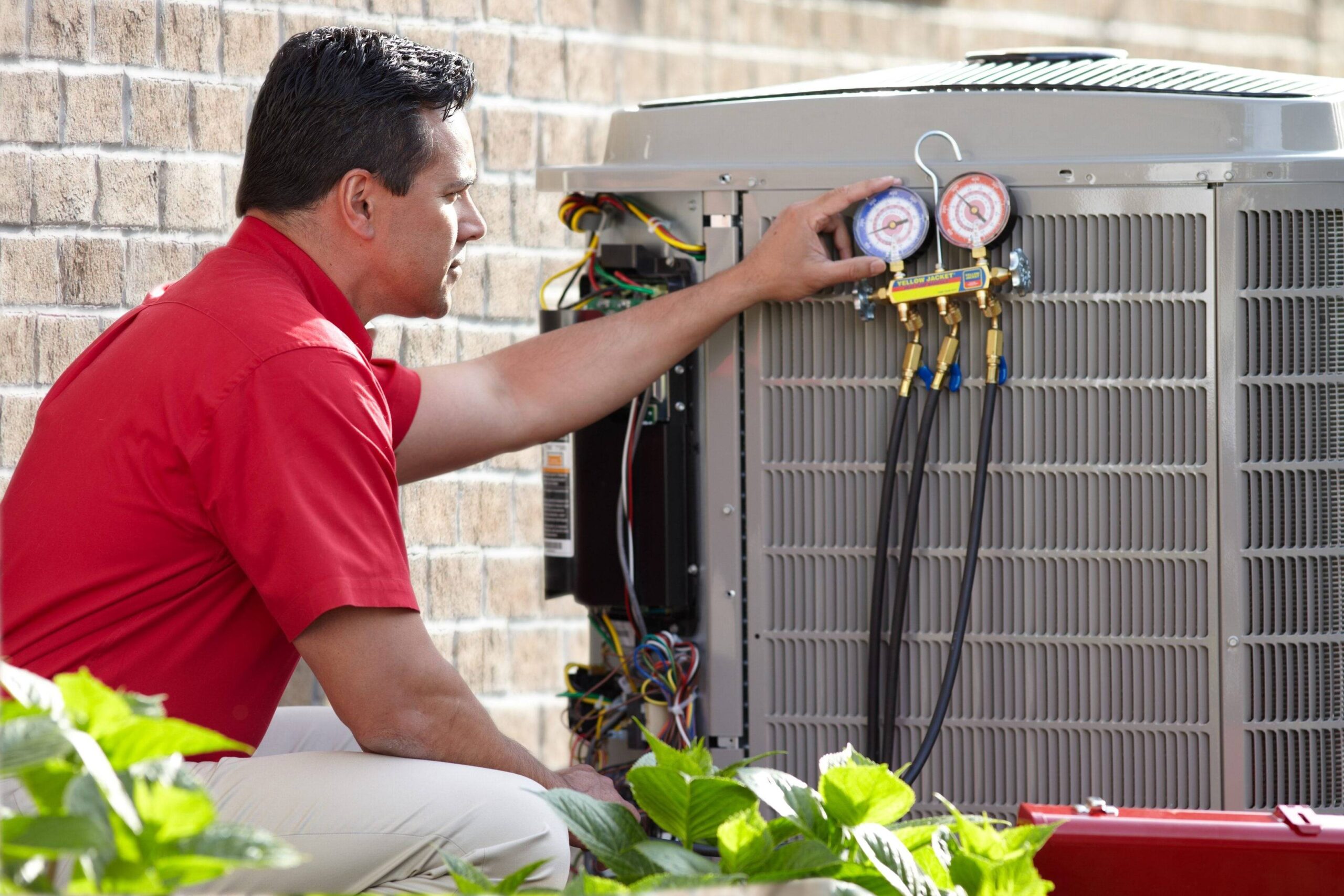Heating, ventilation, and air conditioning (HVAC) systems play a vital role in keeping homes and businesses comfortable year-round. Whether it’s the chill of winter or the scorching heat of summer, your HVAC system works hard to maintain a healthy indoor environment. However, like all appliances, HVAC systems have a lifespan. When repair costs begin to pile up or your system struggles to perform efficiently, it may be time to consider HVAC replacement.
In this blog, we’ll walk you through everything you need to know about HVAC replacement—why it’s necessary, the benefits, the replacement process, and tips to make the most out of your investment.
Signs That It’s Time to Replace Your HVAC System
An HVAC system can last anywhere from 10 to 20 years, depending on the quality of the unit and how well it’s maintained. But there are certain warning signs that suggest replacement is a better option than repair:
Frequent Breakdowns
If your HVAC system requires constant repairs, the cumulative cost can outweigh the benefits. Frequent breakdowns are often a sign of major underlying issues.
Rising Energy Bills
Older systems lose efficiency over time. If you’ve noticed your energy bills climbing despite no significant changes in usage, your HVAC system may be the culprit.
Uneven Heating or Cooling
If some rooms are too hot while others remain cold, your system may not be able to distribute air evenly. This could point to an aging unit or faulty ductwork.
Unusual Noises or Smells
Grinding, banging, or musty odors can indicate mechanical failure or mold within the system. These issues can compromise both comfort and health.
System Age
If your HVAC unit is more than 15 years old and showing signs of inefficiency, replacement is usually the most cost-effective choice.
Benefits of HVAC Replacement
Investing in a new HVAC system may seem expensive upfront, but the long-term benefits often outweigh the initial cost. Here’s what you gain:
- Improved Energy Efficiency
Modern HVAC units are designed with advanced technology to maximize efficiency. A high-efficiency system can significantly reduce your monthly energy bills, sometimes by up to 30%.
- Enhanced Comfort
A new system offers consistent heating and cooling, better humidity control, and improved air distribution, creating a more comfortable indoor environment.
- Better Indoor Air Quality
Many new HVAC systems come with advanced filtration options that reduce dust, allergens, and pollutants, leading to cleaner and healthier air.
- Fewer Repairs and Maintenance Issues
With a brand-new system, you’ll enjoy peace of mind knowing your unit won’t break down frequently. Warranties on new installations also cover many repairs for years.
- Increased Home Value
If you’re planning to sell your home, an upgraded HVAC system can boost property value and make your home more appealing to buyers.
The HVAC Replacement Process
Replacing your HVAC system is not just about swapping out the old for the new. It involves careful planning, professional installation, and a few key steps to ensure success.
- Evaluation and Consultation
A professional technician will assess your current system, check your ductwork, and evaluate your home’s heating and cooling needs. They’ll consider factors such as square footage, insulation, and energy use before recommending the right system.
- Choosing the Right System
The type of HVAC system you select depends on your budget, needs, and home design. Options include central air systems, ductless mini-splits, heat pumps, or hybrid systems. It’s important to choose a unit with the right size and efficiency rating (measured by SEER and AFUE standards).
- Removing the Old System
The old HVAC unit is carefully disconnected and removed. Technicians ensure that refrigerants are properly handled and disposed of according to environmental guidelines.
- Preparing the Installation Area
If ductwork adjustments or insulation improvements are needed, they’ll be completed before installing the new system. Proper preparation ensures maximum efficiency and performance.
- Installation of the New Unit
The new system is installed, connected, and tested for proper function. This step requires professional expertise to ensure safe electrical connections, refrigerant levels, and airflow.
- Testing and Final Checks
Technicians will test the system to confirm it’s running efficiently and safely. They’ll check for leaks, adjust thermostat settings, and ensure all components are working correctly.
- Customer Walkthrough
Finally, the installer will explain how to operate and maintain your new HVAC system, going over warranty details and answering any questions.
Tips to Get the Most Out of Your New HVAC System
Replacing your HVAC system is a big investment, so it’s important to protect it. Here are a few tips to ensure your new system lasts for years:
Schedule Regular Maintenance
Annual maintenance checks by a professional technician help keep your system running at peak efficiency.
Change Air Filters Frequently
Dirty filters block airflow and strain your system. Replace filters every 1–3 months depending on usage.
Seal Leaks and Insulate
Proper insulation and sealing prevent energy loss and reduce strain on your HVAC system.
Use a Smart Thermostat
Smart thermostats help regulate temperature more efficiently, saving energy and extending the life of your unit.
Pay Attention to Warning Signs
Don’t ignore unusual sounds, odors, or performance issues. Early intervention can prevent major breakdowns.
Conclusion
Your HVAC system is essential for comfort, efficiency, and indoor air quality. When your old unit starts showing signs of wear—such as high energy bills, frequent repairs, or inconsistent temperatures—replacing it with a modern, energy-efficient system is often the best choice.
HVAC replacement not only improves your home’s comfort but also reduces costs in the long run, increases property value, and enhances overall well-being. With the right system and professional installation, you can enjoy years of reliable performance.
If you’re considering HVAC replacement, consult with a licensed HVAC contractor to evaluate your needs and find the perfect solution for your home or business.




